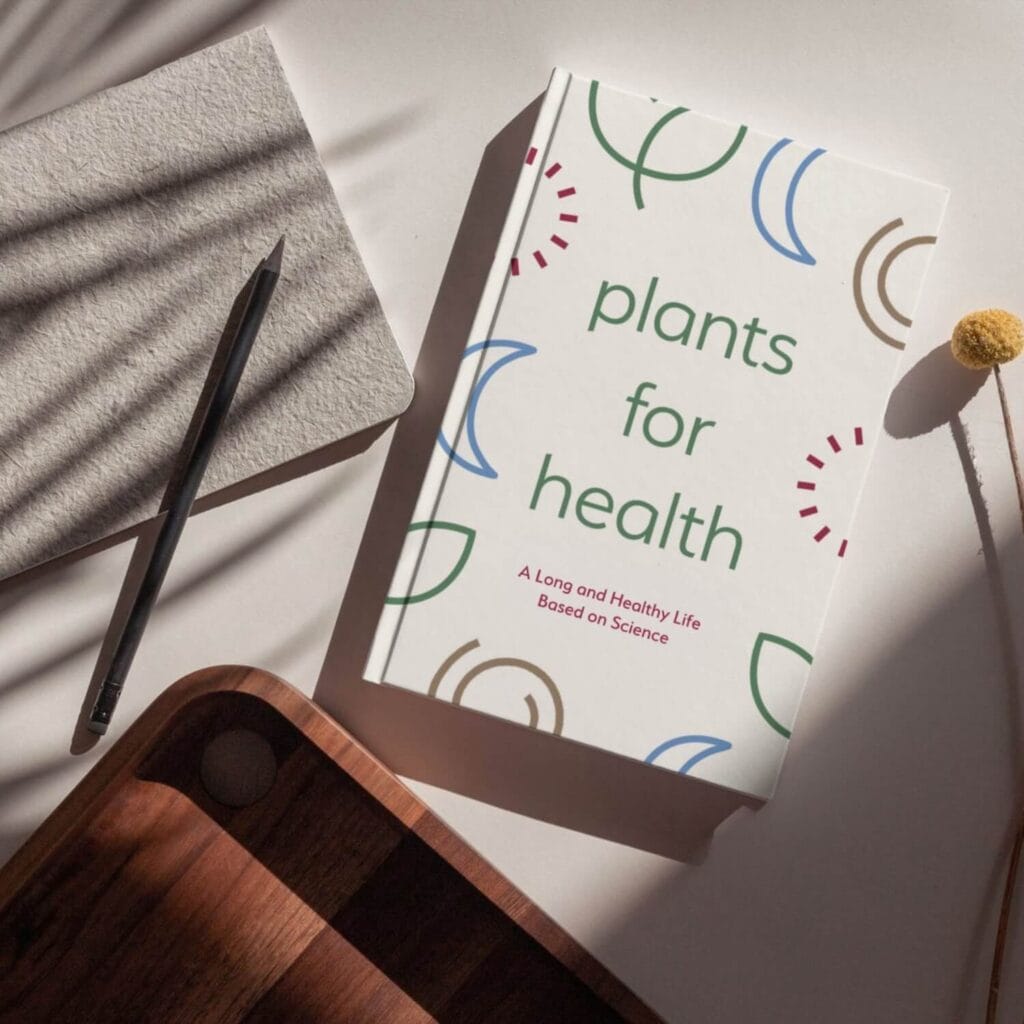Digestive Issues on a Plant-Based Diet? Here’s What to Do

“Since switching to a plant-based diet, I’ve been struggling with digestive issues… help!”
Sound familiar? You’ve chosen a plant-based diet because you want to live healthier. You eat more legumes, vegetables, and whole grains. But suddenly you’re dealing with digestive issues on a plant-based diet—like bloating or excess gas.
It can feel frustrating, but don’t worry. These complaints are usually temporary and manageable. In this article, you’ll learn what causes them and how to reduce digestive issues while enjoying the benefits of plant-based eating.
Why fiber is important
Unprocessed, plant-based foods are rich in fiber. Fiber plays a key role in your health:
- Supports bowel function.
- Feeds your gut bacteria.
- Helps regulate blood sugar and cholesterol.
- Promotes satiety, which aids weight management.
- Has anti-inflammatory properties.
Still, if your body isn’t used to high fiber intake, your gut may need time to adjust.
Causes of digestive issues on a plant-based diet
When switching to a fiber-rich diet, several factors can contribute to digestive complaints:
Sudden increase in fiber: your gut isn’t used to the higher amount of fiber and resistant starch in legumes. During fermentation, gut bacteria produce gases.
Gut microbiome adjustment: your gut flora needs time to adapt to the new diet, which can take a few weeks.
Incomplete digestion: poorly prepared legumes (not soaked or undercooked) can be harder to digest.
How to reduce digestive issues
1. Increase fiber gradually
- Start with small portions of legumes and slowly build up.
- Begin with cooked vegetables and add raw vegetables gradually.
- Give your gut time to adapt.
2. Prepare legumes properly
- Soak: soak legumes for 8–24 hours, refreshing the water regularly.
- Cook thoroughly: ensure they’re well-cooked to aid digestion.
- Add kombu seaweed or spices like ginger, cumin, or fennel while cooking.
3. Combine fiber with fluids
- Drink 1.5–2 liters of water daily to support digestion.
4. Add fermented foods
Include sauerkraut, kimchi, miso, or (soy) yogurt to support a healthy gut microbiome. Learn more about the gut microbiome and fermented foods here.
5. Stay active
- Regular exercise stimulates digestion and reduces bloating.
6. Be patient
- It can take a few weeks for your gut microbiome to fully adjust.
Extra tips for the transition period
- Take it slow: increase legumes and fiber step by step.
- Use temporary alternatives: in the beginning, rely more on soy products or relatively healthy plant-based meat alternatives (such as chicken-style pieces or minced soy). Because they’re more processed, they often cause fewer complaints.
- Seek professional advice: if issues persist or are severe, consult a dietitian.
Conclusion: digestive issues on a plant-based diet are usually temporary
A fiber-rich, plant-based diet is incredibly healthy—but your gut may need time to adapt. With gradual changes, proper preparation, and patience, most people see their digestive issues disappear and can fully enjoy the benefits of plant-based eating.
Discover Plants for Health
Want to make sure you’re doing it right? In our Plants for Health program, we guide you step by step and support you whenever you have questions.
Together works better: get the support of professionals and a community of like-minded people. Learn more about the Plants for Health program here.

Did you find this article helpful? Would you like to work with the experts at Plants for Health on improving your health? Our lifestyle program provides tailored guidance, practical tools, and evidence-based strategies shown to be effective. So you can make lasting changes to your lifestyle.
